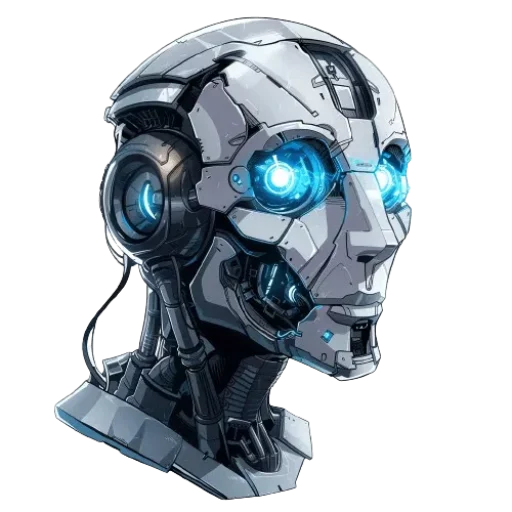Key findings
Boilermakers play a vital role in constructing and repairing boilers, vats, and other large containers.
Despite advancements in Generative artificial intelligence (GenAI), blue-collar jobs like boilermakers are unlikely to be automated.
The unique nature of GenAI automation means that these workers may actually see increased demand and income as the need for premium goods and services grows.
While some skills may be automated in the future, the complex problem-solving, critical thinking, and equipment maintenance required in this profession make it resistant to AI disruption.
As technology advances, automation may streamline certain tasks, but the core skills and expertise of boilermakers will remain essential.
How could AI or automation replace or complement job activities?
AI, automation, or LLMs like Chatgpt could be utilized to assist boilermakers by analyzing blueprints, suggesting optimal placements, and identifying defects quickly.
However, the intricate tasks of welding, shaping, and inspecting require human expertise and dexterity.
For instance, AI could streamline blueprint analysis, but the precision and creativity needed for welding and shaping parts remain human strengths.
Job description
Construct, assemble, and repair stationary steam boilers and their parts. Follow blueprints to put together boiler frames and tanks. Use hand and power tools to align structures and test the boilers. Assist in cleaning and inspecting boilers, and repair fittings like safety valves and regulators.



0 Comments